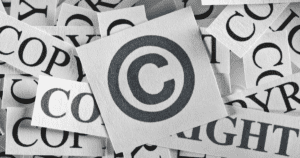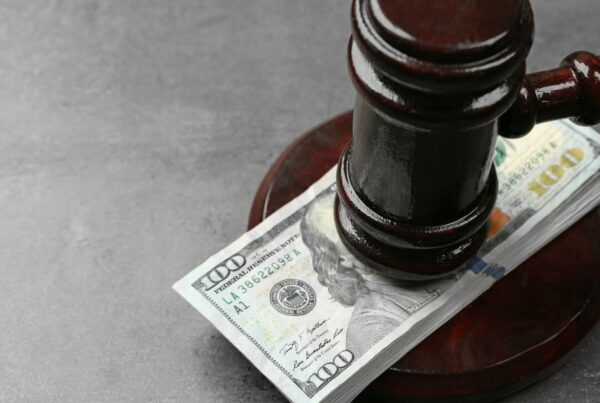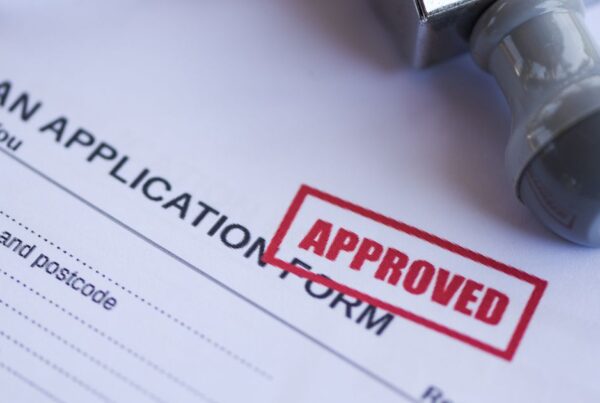It can happen to anyone. You hire someone to do work on your business website, and that person accidentally uses a copyrighted photo. Your website has dozens of links to other sites that also show the copyrighted photo. You then get a demand from the owner of the photo’s attorney, asking you for tens of thousands of dollars. And this is simply for posting a photo for a very short period, because you immediately take it down once the disgruntled owner notifies you. All of these threats, and your business hasn’t even received any financial benefit from the photo. It’s a nightmare!
Unfortunately, there are dozens of attorneys and photographers dedicated to extracting thousands from small businesses for these innocent, inconsequential violations. Thankfully, there’s a brighter side. You don’t have to surrender to these types of extortive legal actions.
Understanding the Statutory Damages Award System
Under Section 504 of the Copyright Act, “The total number of ‘awards’ of statutory damages (each ranging from $500 to $20,000) that a plaintiff may recover in any given action depends on the number of works that are infringed and the number of individually liable infringers, regardless of the number of infringements of those works. So, if a plaintiff proves that one defendant committed five separate infringements of one copyrighted work, that plaintiff is entitled to only one award of statutory damages ranging from $500 to $20,000. And if a plaintiff proves that two different defendants each committed five separate infringements of five different works, the plaintiff is entitled to ten awards, not fifty.” MCA TV, Ltd. v. Feltner, 89 F.3d 766, 770 (11th Cir. 1996) (quoting Mason v. Montgomery Data, Inc., 967 F.2d 135, 143-44 (5th Cir.1992)).
Further, under § 504(c), “The total number of ‘awards’ of statutory damages that a plaintiff may recover in any given action against a single defendant depend on the number of works that are infringed and the number of individually liable infringers, and is unaffected by the number of infringements of those works.” Venegas-Hernandez v. Sonolux Records, 370 F.3d 183, 194 (1st Cir. 2004); see also Report of the Committee on the Judiciary, H.R. Rep. No. 94-1476, at 162 (1976) reprinted in 1976 U.S.C.C.A.N. 5659, 5778 (stating that “a single infringer of a single work is liable for a single amount . . . no matter how many acts of infringement are involved in the action and regardless of whether the acts were separate, isolated, or occurred in a related series”).
Therefore, even if your site contains links and hyperlinks that display the copyrighted work 100 times, as long as you accidentally used a single work, your business should be liable for only a single violation.
Factors Considered in Calculating Damages
But, it doesn’t end there. The plaintiff’s attorney will threaten you, even though they don’t have the financial capacity to litigate its own case through a trial—with all its attorney’s fees for having to litigate the case through trial. Knowing that you’ve infringed on copyrighted work, you may be intimidated not by the prospects of paying a small amount of damages, but by paying thousands in attorney fees. Thankfully, legal fees are not automatic. Courts consider several factors to determine whether or not to award damages and attorney fees to an innocent copyright violator.
Under §504(c), courts have wide discretion in awarding damages within the statutory range provided in §504(c), and here the district court’s imposition of damages was not an abuse of discretion. In calculating damages, courts generally consider: (1) the infringers’ blameworthiness (willful, knowing, or innocent); (2) the expenses saved, and the profits reaped by the defendants in connection with the infringement; (3) the revenues lost by the plaintiffs due to the defendants’ conduct; and (4) the deterrent value of the damages imposed. Broad. Music, Inc. v. Evie’s Tavern Ellenton, Inc., 772 F.3d 1254, 1260-61 (11th Cir. 2014) (internal citations omitted).
Awarding Attorney’s Fees
Similarly, courts have wide discretion when it comes to awarding attorneys’ fees. See Fogerty v. Fantasy, Inc., 510 U.S. 517, 534, 114 S. Ct. 1023, 127 L. Ed. 2d 455 (1994) (Holding that “[t]here is no precise rule or formula for making [the determination to award attorneys’ fees,] but instead equitable discretion should be exercised . . ..” Generally, when the infringement was done knowingly, resulting in a hotly contested legal action, courts will award fees. See Broad. Music, Inc. v. Evie’s Tavern Ellenton, Inc., 772 F.3d 1254, 1261 (11th Cir. 2014).
For more information about copyright lawsuits or compliance, contact one of our attorneys at 305-570-2208. You can also email attorney Eduardo directly at eduardo@ayalalawpa.com.
We at Ayala Law PA are passionate about helping those in legal need, so please don’t hesitate to schedule a case evaluation with us online here.







